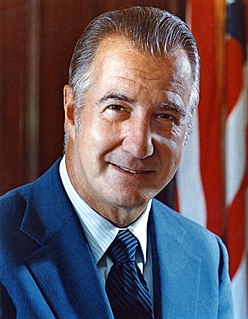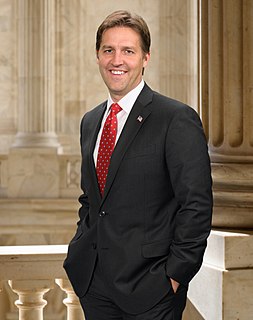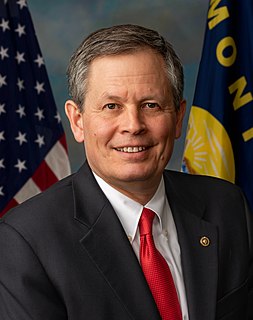A Quote by Jacob Rees-Mogg
In the U.S., free speech and the press are protected by the First Amendment. It has a clarity unmatched by modern legislators and declares that 'Congress shall make no law... abridging the freedom of speech, or the press.'
Related Quotes
The First Amendment's language leaves no room for inference that abridgments of speech and press can be made just because they are slight. That Amendment provides, in simple words, that "Congress shall make no law . . . abridging the freedom of speech, or of the press." I read "no law . . . abridging" to mean no law abridging.
Because of the free speech clause in the First Amendment, which is very clear, "The government shall make no law abridging freedom of speech," and it literally is about political speech. You can say anything you want about politics, a candidate, and the government cannot stop you. And the Democrats hate that.
The Constitution, in addition to delegating certain enumerated powers to Congress, places whole areas outside the reach of Congress' regulatory authority. The First Amendment, for example, is fittingly celebrated for preventing Congress from "prohibiting the free exercise" of religion or "abridging the freedom of speech." The Second Amendment similarly appears to contain an express limitation on the government's authority.
The First and Fourteenth Amendments say that Congress and the States shall make "no law" which abridges freedom of speech or of the press. In order to sanction a system of censorship I would have to say that "no law" does not mean what it says, that "no law" is qualified to mean "some" laws. I cannot take this step.
I thought that one of the things that we were losing sight of is the basic reasons that we do protect free speech and freedom of the press and the essentiality and centrality in our lives of really giving broad protection to freedom of speech and freedom of the press in America. I thought I could do that by telling stories of some of the cases that established those principles on a real life on the ground basis.
Every time I criticize what I consider to be excesses or faults in the news business, I am accused of repression; and the leaders of the various media professional groups wave the First Amendment as they denounce me. That happens to be my amendment too. It guarantees my free speech as much as it does their freedom of the press.
Truth affirms freedom of speech. Putin is no friend of reli - freedom of speech. Putin is an enemy of freedom of religion. The U.S. celebrates freedom of religion. Putin is an enemy of the free press. The U.S. celebrates free press. Putin is an enemy of political dissent. The U.S. celebrates political dissent and the right for people to argue free from violence about places or ideas that are in conflict.































